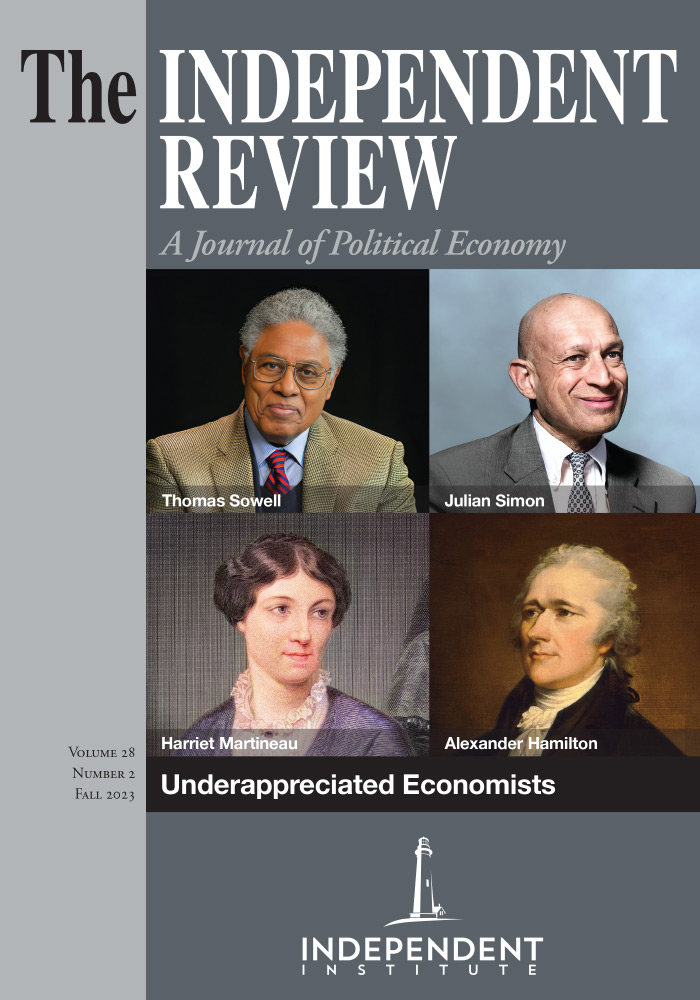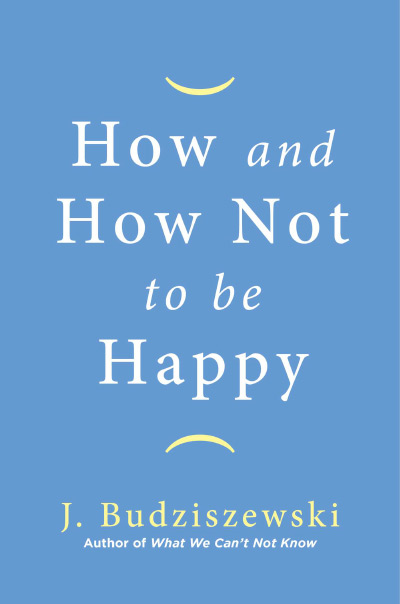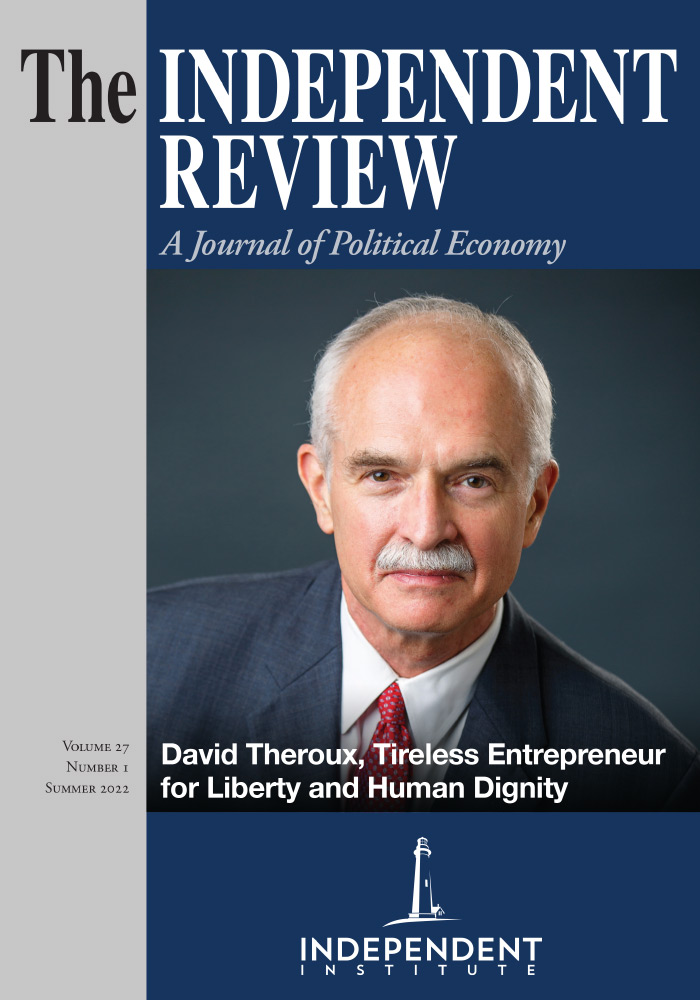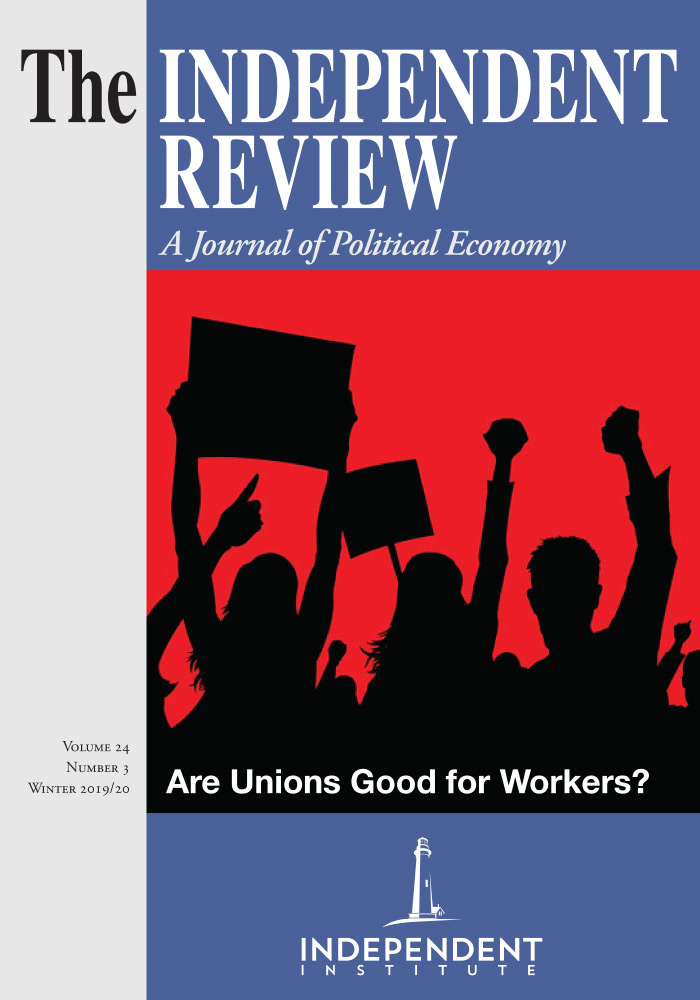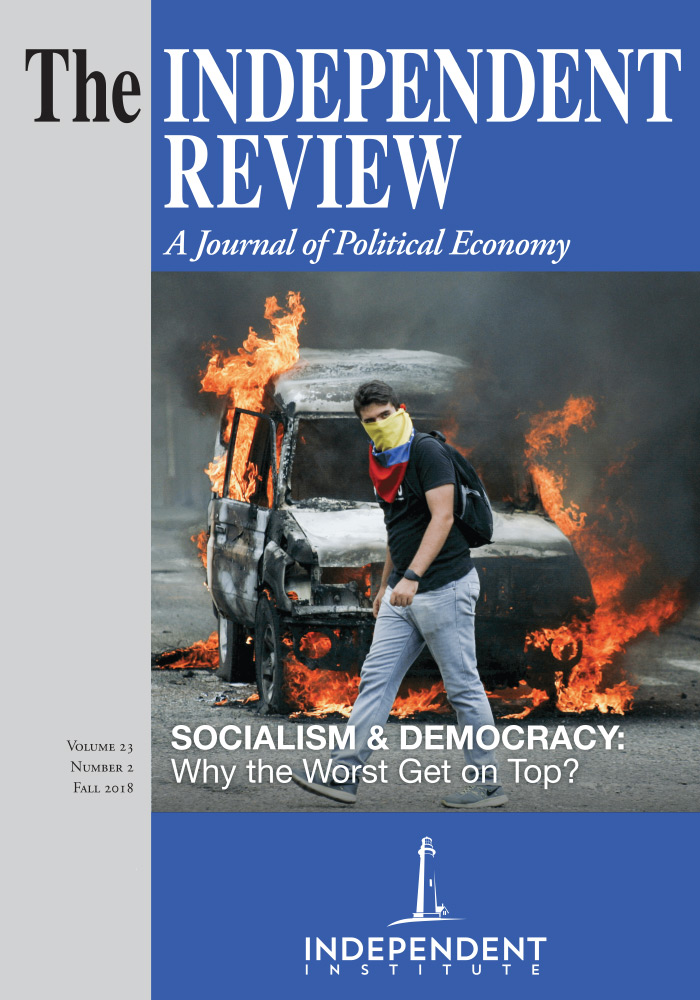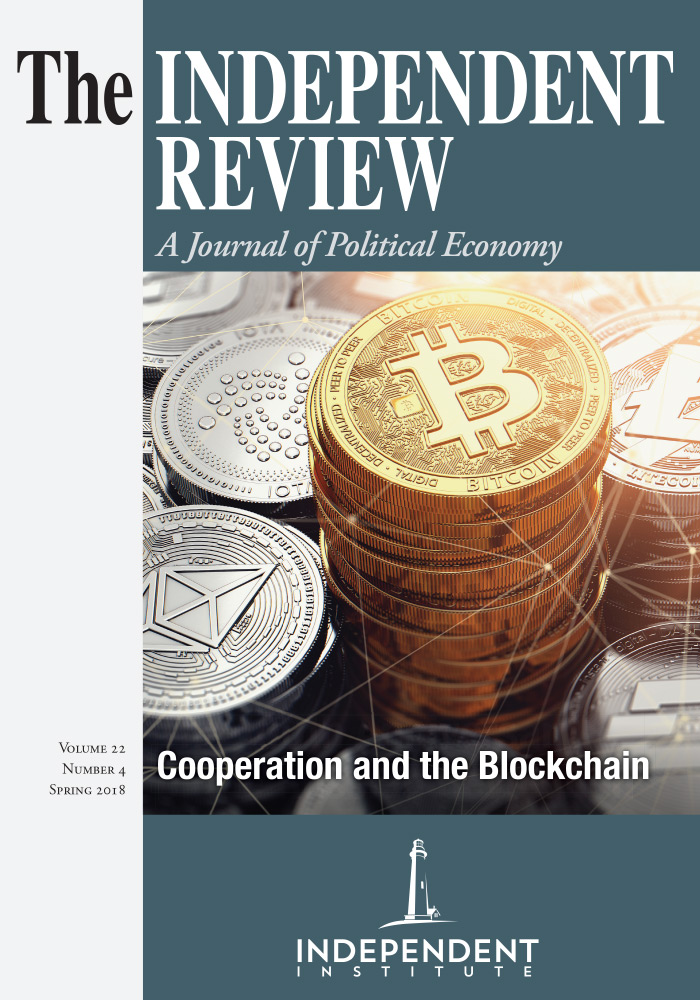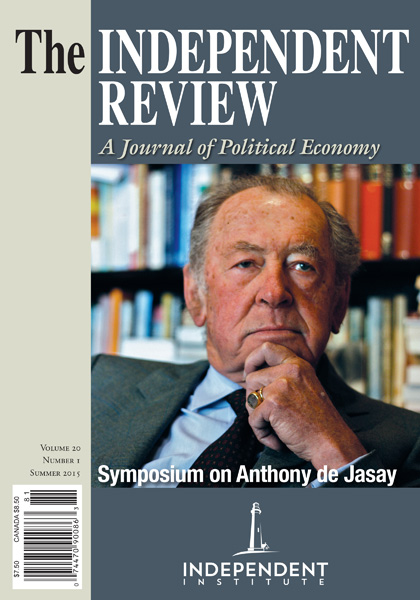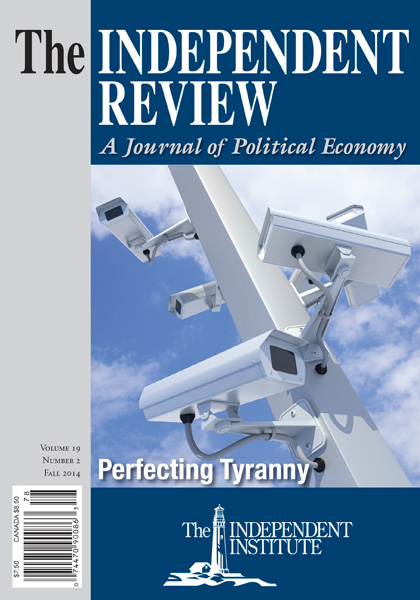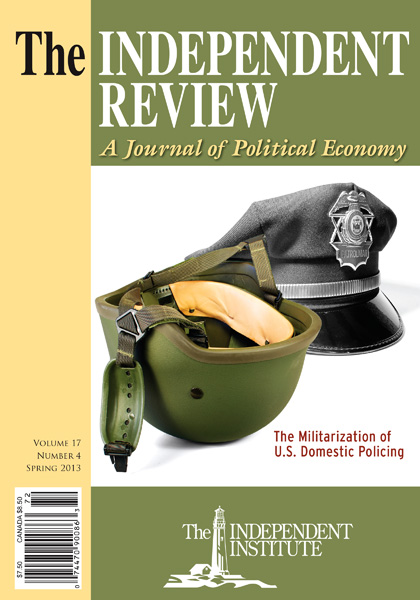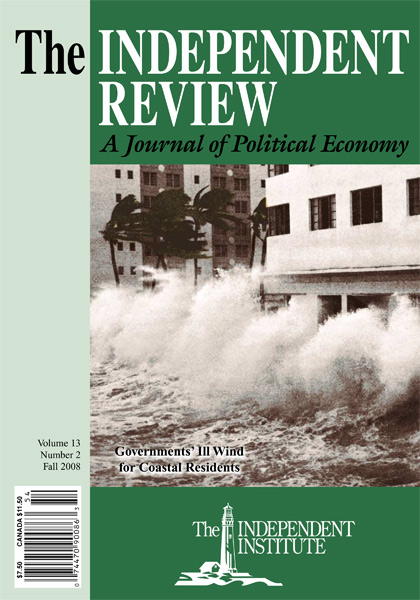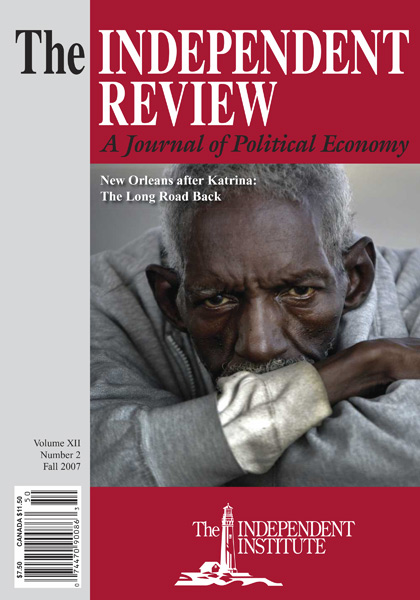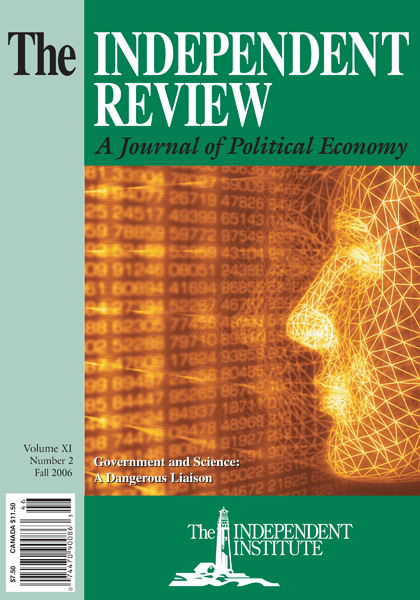Is pleasure what makes us happy? Wealth? Status? Power? Meaning? What, indeed, is a happy life?
Such questions can take a lifetime or more to answer. But here we are, having arrived on the scene of life as if from nowhere, needing both to answer these questions and to get on with the pressing work of living out our answer.
Philosopher J. Budziszewski ably addresses these questions and others in How and How Not to be Happy, arguing that none of the answers above is the whole truth. This fine book starts with insightful chapters that will appeal to readers of diverse worldviews, secular or theistic, and then turns to a theistic and specifically Christian account of happiness—Budziszewski’s answer after four decades of reflection on the question of how (and why!) to live. This book will appeal not only to Budziszewski’s fellow travelers but also to many who are agnostically or atheistically inclined.
Consider what Aristotle called eudaimonia, variously translated as flourishing, happiness, wellbeing, or blessedness. Budziszewski addresses a host of candidate answers to the question of what (let’s say) the happy life is. Again: is it a life of pleasure, or money, or something else? Early in the book, Budziszewski’s strategy is to bat down these candidate answers one-by-one as insufficient, while nonetheless indicating their contributory importance to the happy or well-lived life.
Consider, as our focal example, the activity of seeking meaning beyond oneself. Much popular culture and current scholarship sees meaning-making as central to a life well-lived, that is, a life deeply and enduringly happy. Mightn’t we be able to secure our happiness simply by seeking meaning wisely and wholeheartedly?
This is unlikely, says Budziszewski, at least as such seeking is often done today. Budziszewski considers philosophers who speak of “transcendence” or “the basic good of religion” as vehicles for creating meaning and therefore, perhaps, happiness. Such philosophers deploy nice-sounding words that, in many cases, actually “turn out to signify nothing more than connection or commitment with a source of meaning greater than we are—work, the nation, the revolution, whatever it may be. The source doesn’t have to be a true source. It just has to be a source” (p. 98, italics added).
Budziszewski illustrates why such feeling-centric approaches to meaning-making are inferior to truth-centric approaches. He interprets, for instance, Jonathan Haidt’s influential use of “such terms as ‘divinity,’ ‘sacredness,’ and ‘elevation’” as terms “for nothing but the feeling of uplift—for feeling as though a reality other than our everyday reality has been revealed to us” (p. 99). Budziszewski also considers influential discussions of “transcendence” by positive psychologists including Christopher Peterson and Martin E. Seligman. These and other scholars frequently discuss a reverence for nature, being in love, which has a “fragrance of eternity” (p. 106), and other transcendent experiences. Budziszewski wants to know: What rationally grounds, warrants, or justifies these feelings of reverence and love? To what reality, if any, do they correspond?
Budziszewski shows how discussions of transcendence in positive psychology, merely as something that gives one a (perhaps hopelessly vague) felt connection to something “larger” or “higher” than oneself, fail to capture the sort of truth-conducive meaning-making that, thinks he, truly constitutes happiness. He wonders: Is theresomething truly larger or higher that rationally grounds the affective state of felt transcendence? Consider Budziszewski’s discussion of those who believed in Hitler, Stalin, and Pol Pot. Such people felt called to something “larger” and “higher” (they thought); and their grievous error shows that the truth of the calling is what matters most, not the felt experience itself.
A critic might reply:
Surely this is wrong! Feelings of the transcendence of natural beauty, say, or love between secular persons are still valid meaning-makers. Felt love still is love—the highest of human goods! It’s the pinnacle of human life biologically, psychologically, and socially.
Moreover, the critic might continue, meaning-finders (or -makers) do not necessarily become captive to fanciful thought, if they do not know how goods such as love fit into their metaphysics. For if we do not have a metaphysical account of love as a transcendent good, so much the worse for our metaphysics. The good itself still exists, and we have nontrivial evidence for it: our experience.
Not so fast, says Budziszewski. To him (p. 99) the “intimations of sacredness” and transcendence of which the distinguished Haidt speaks are merely a “feeling of elevation” whose “value is that we like having it.” If a cogent account of the rational basis of this feeling were available, Budziszewski thinks that Haidt, Seligman, and others do not provide one.
There is a final issue with the illustrative example of meaning-making as a contemporary path to happiness. It seems inherently self-oriented (or -centered). To this Budziszewski (199) responds:
...obsession with my happiness [and, equally, meaning-seeking to get it] focuses my attention on myself, but my happiness lies in something outside myself, in the vision of God in His own being. To be fulfilled, I must stop worrying about my fulfillment—yet I must pursue and desire that in which my fulfillment lies, which is God.
As for his own account of happiness, Budziszewski argues: “Happiness requires not only virtue [as the Stoics say] but also a sufficiency of ... other necessary things: good character, yes, but also good fortune.” He thinks of happiness as largely but not fullya matter of disciplining the contents and processes of one’s mind. It is a matter of the body, as well, and of other extra-mental states (e.g., social circumstances). Accordingly, a virtuous person cannot be happy on the rack but will very likely depend for her happiness on “external goods” such as health and wealth, whose possession is in some degree subject to luck. Budziszewski’s conception of happiness also stresses, à la Aquinas, the value of grace and the grace-supported theological virtues of faith, hope, and love, in addition to the more secularly familiar cardinal virtues of prudence, temperance, justice, and fortitude. Prudence is crucial among these cardinal (or “hinge”) virtues because contexts for virtue-application vary considerably. Practical wisdom is enduringly needed to preempt the many ways in which one can lapse into vice (Gregory Robson, 2022, “The Varieties of Moral Vice: An Aristotelian Approach,” Erkenntnis). Budziszewski thus goes with (a) Aristotle over the Stoics and (b) Aquinas over Aristotle. Or, to put (b) more carefully: he favors Aquinas’s philosophically rich supplementation and development of Aristotle, whom Aquinas honorifically titled The Philosopher, as a thirteenth-century philosopher who benefited from having examined the experiences and insights of Christ, who lived centuries after Aristotle.
A critic might also wonder whether happiness really requires “external goods,” as neo-Aristotelian ethicists tend to think. Suppose for argument’s sake, that Budziszewski is right about God’s nature and existence. On this supposition, the case of Jesus Christ, who lived as the singular God-man, seems to put in doubt the idea that a happy life strictly requires external goods. For mustn’t we maintain, contra Aristotelian thought, that Christ flourished without the external goods of wealth and personal security during his persecution and eventual crucifixion? After all, Christ’s crucifixion was in a sense part of his flourishing, if in another sense obviously antithetical to it. Christ lived thirty-three years, had a three-year public ministry, suffered an excruciating crucifixion ending in three hours of darkness, and rose from the dead three days later. Crucifixion was the most shameful public death worldly Rome had to offer. And when everything in this world turned against Christ, and when he alone knew and felt just how wrong this turning was, as he was scourged, dragged, beaten, and left to bleed, suffer, and expire, Christ still perfectly persisted in embodying the will of his almighty Father. Christ alone endured everything for our salvation.
If we are to imitate Christ as God incarnate, as Budziszewski suggests, more might be said about why, unlike Christ, our happiness requires external goods of the sort Aristotle discusses. No doubt theologians have plumbed the depths of this question. As a philosopher I merely suggest that it seems reasonable to think that all of us whose willpower and cognitive capacities are vanishingly small compared to Christ’s could benefit from external goods in our pursuit of genuine human flourishing. Regarding the external good of wealth, consider for instance the Great Enrichment (Deirdre N. McCloskey, 2023, “Liberalism Caused the Great Enrichment,” Qeios; see also Gregory Clark, 2007, A Farewell to Alms: A Brief Economic History of the World, Princeton: Princeton University Press; James R. Otteson, 2019, Honorable Business: A Framework for Business in a Just and Humane Society,Oxford: Oxford University Press; and Gregory Robson, 2023, “How to Object to the Profit System (and How Not To),” Journal of Business Ethics). The roughly thirty-fold increase in GDP per capita since around 1800 in many Western countries provided something that most humans sorely need. Our enhanced prosperity has expanded our opportunities to focus on virtue acquisition by eliminating our need to concentrate on the daily battle to secure food, shelter, clothing, and potable water. Normal people often (if not always) find it harder to develop virtue when hunger threatens.
In addition to further discussion of external goods relative to human happiness, readers might like to hear more from Budziszewski about “Augustine’s argument that the only possible sense in which we can ‘have everything’ is to have God; all of the created goods we desire are but pale reflections of the uncreated Good that is Himself’ (p. 203).
Aquinas and others discuss how our acquisition, possession, and use of nonspiritual goods lets us participate in God’s goodness, even if this inconceivably great goodness is nearly always glimpsed faintly at best. It would be interesting if Budziszewski, a renowned expert in Thomistic thought (following St. Thomas Aquinas), had provided a more detailed account of our crucial “participation” in God’s goodness as a or the way to a life of full human happiness. But this book is intended for a broad audience and rather fine-grained analysis would be more fit for scholarly journals or books pitched narrowly to specialists.
Budziszewski’s well-argued book, which we have seen leaves readers wanting to hear more, succeeds in his aim of “deconfusing some of our inherited semi-knowledge” of happiness (p. xv). This lovely book is enjoyable to read, pellucidly written, and dripping with insight and eloquence. For his part, Budziszewski claims no special personal competence in acquiring happiness, but humbly counts himself among the numerous postlapsarian humans of “mixed motives and sullied hearts” (p. 204). Our humble author has an elevated message, however. I conclude by emphasizing Budziszewski’s good brief summary of the book’s upshot (p. 204), which will be moving for many:
To those whose hearts are pure enough to long for Him, God promises satisfaction—and because they trust in His promise, they already have that foretaste of happiness which is hope, even though in this life they do not yet have fulfillment . . . God does not promise consummation to everyone who wants to be happy. He promises it to those who desire above all to have what happiness really is, which is Himself, and who cooperate with the grace by which he gives it. To them He gives such great goods, such incredibly wonderful blessings, that we would tremble to conceive them. But until we are right in our hearts, we cannot even recognize them as good.

